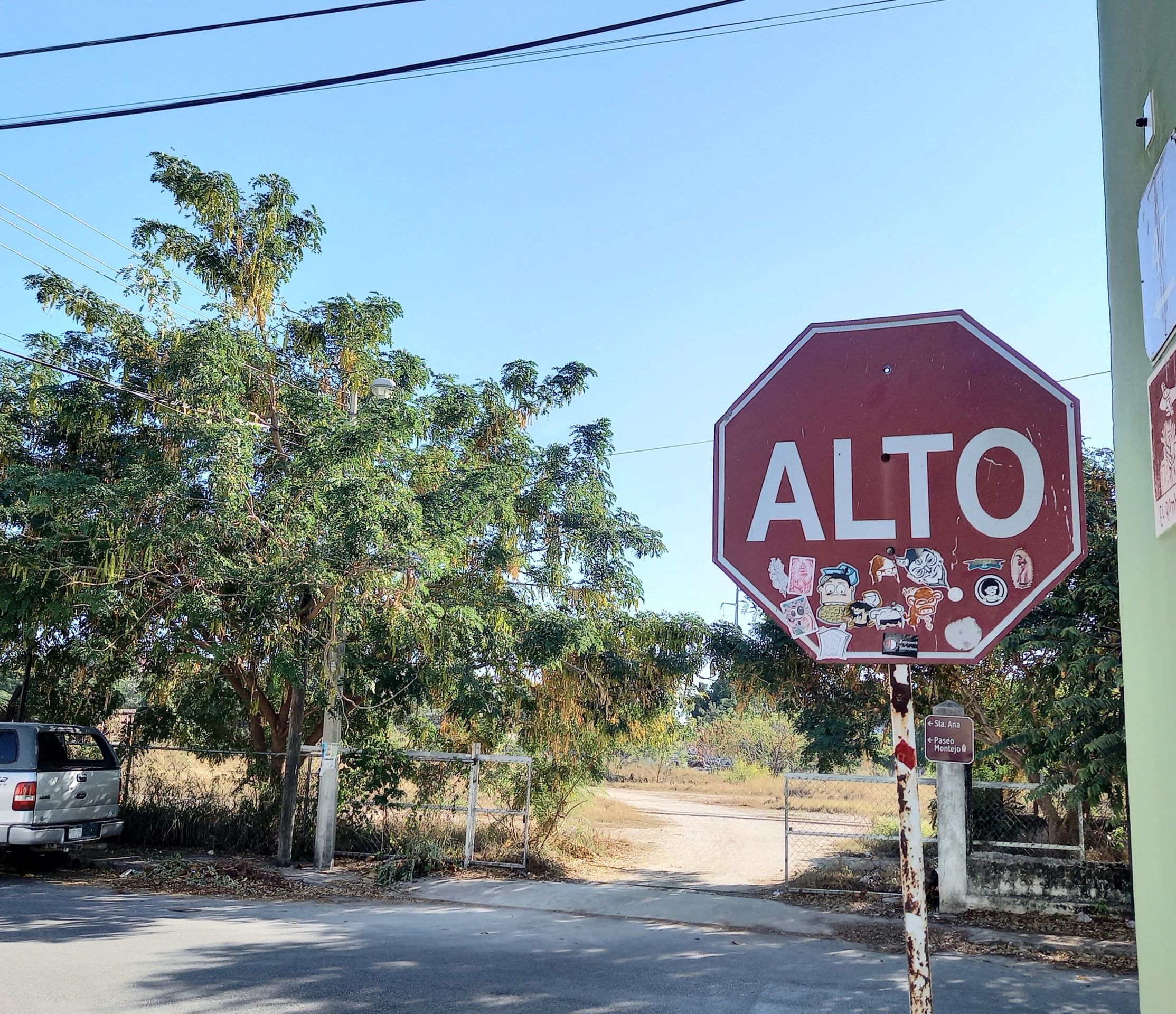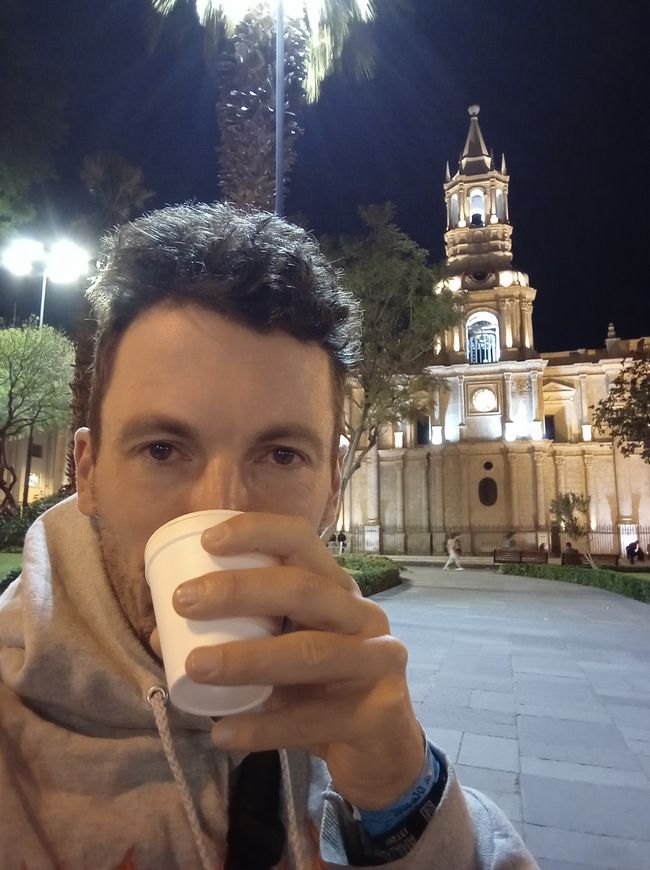50th Post - Viva Mexico City and Covid Update
Argitaratu: 25.01.2022
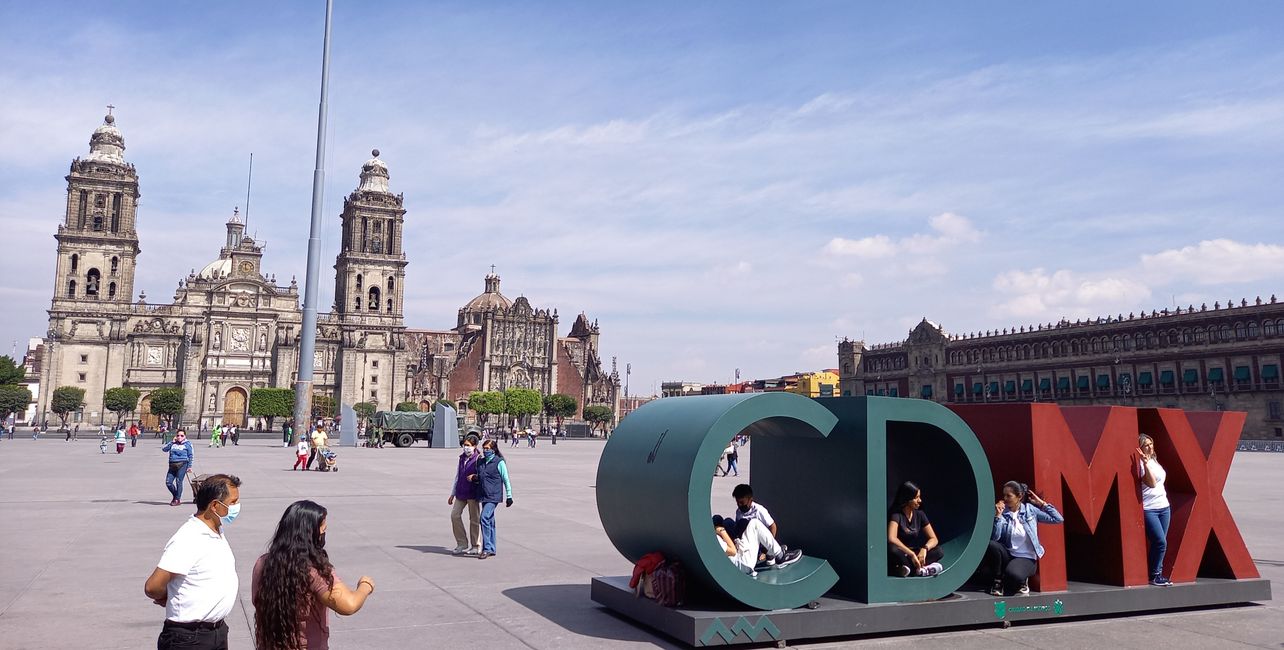

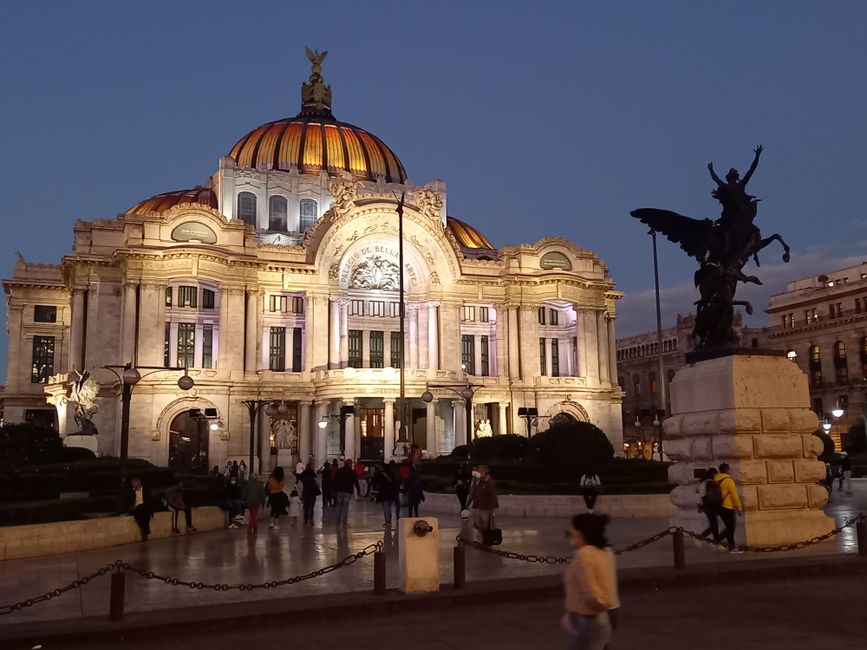
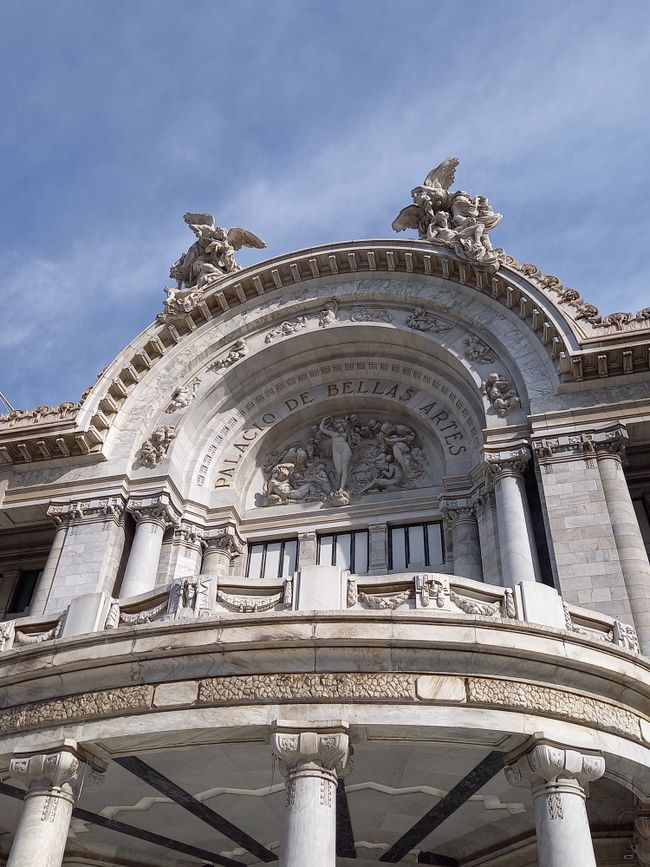
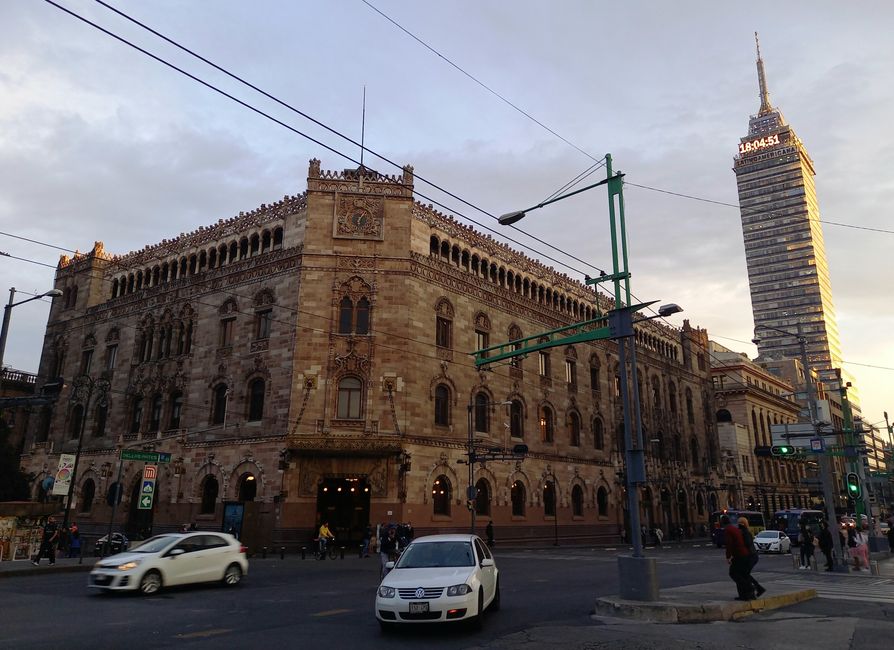
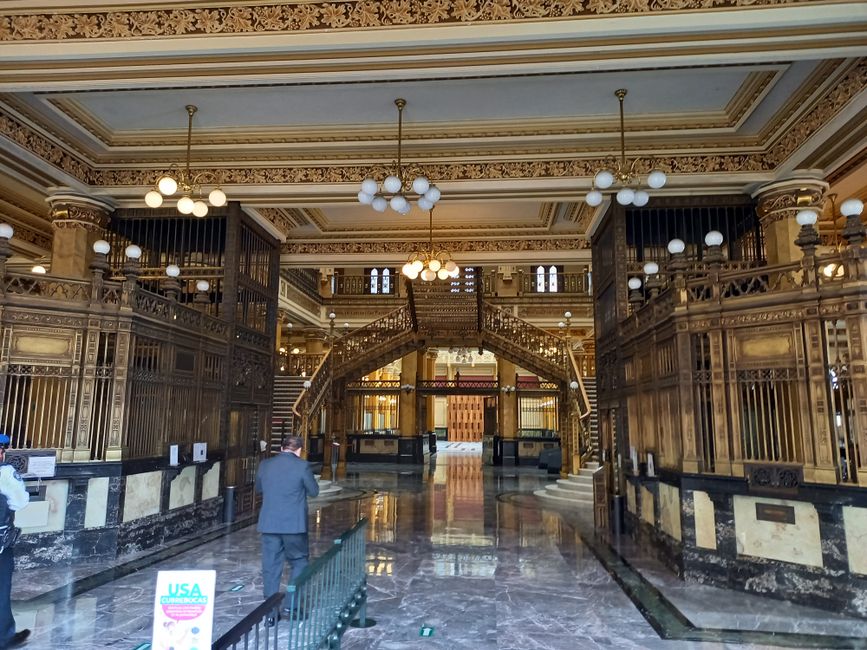
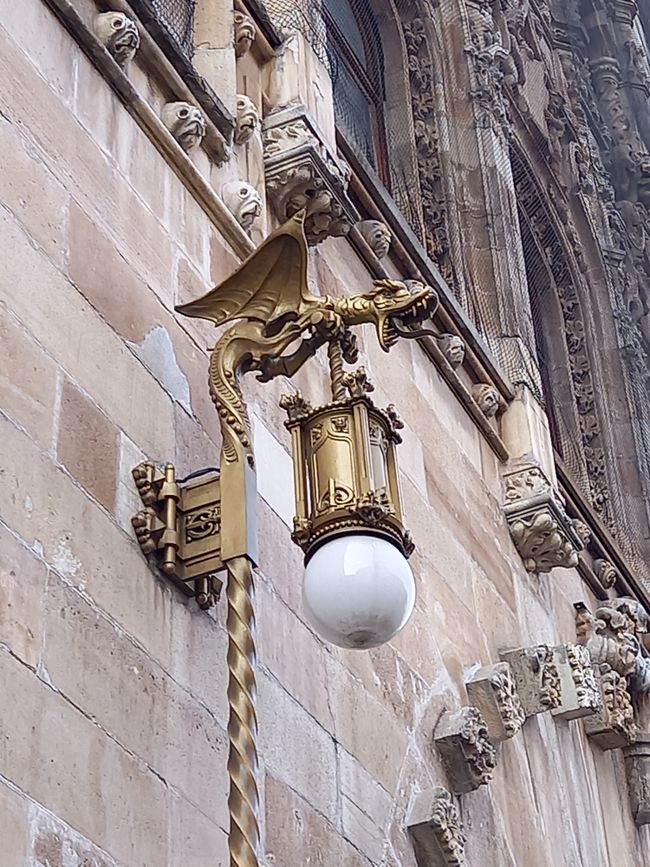
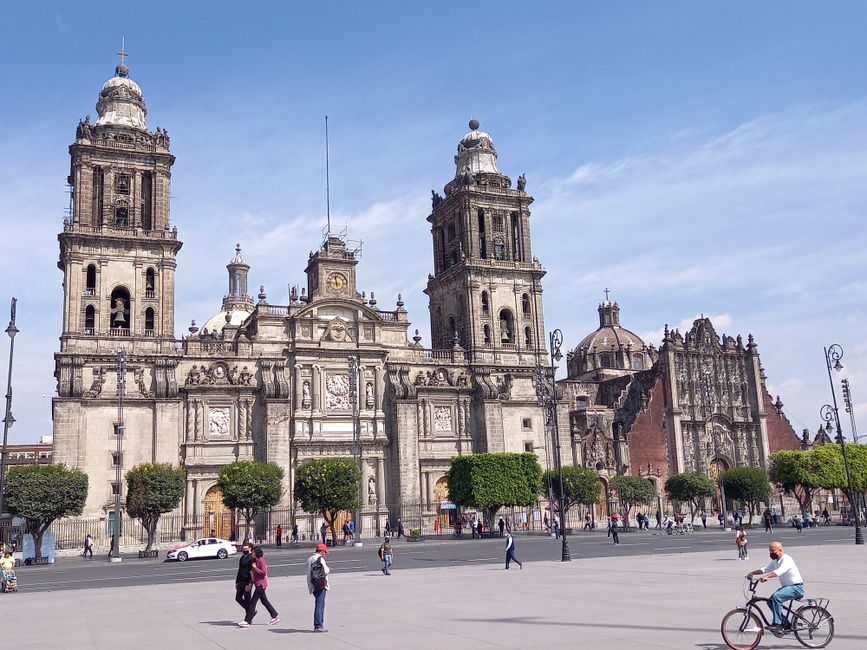
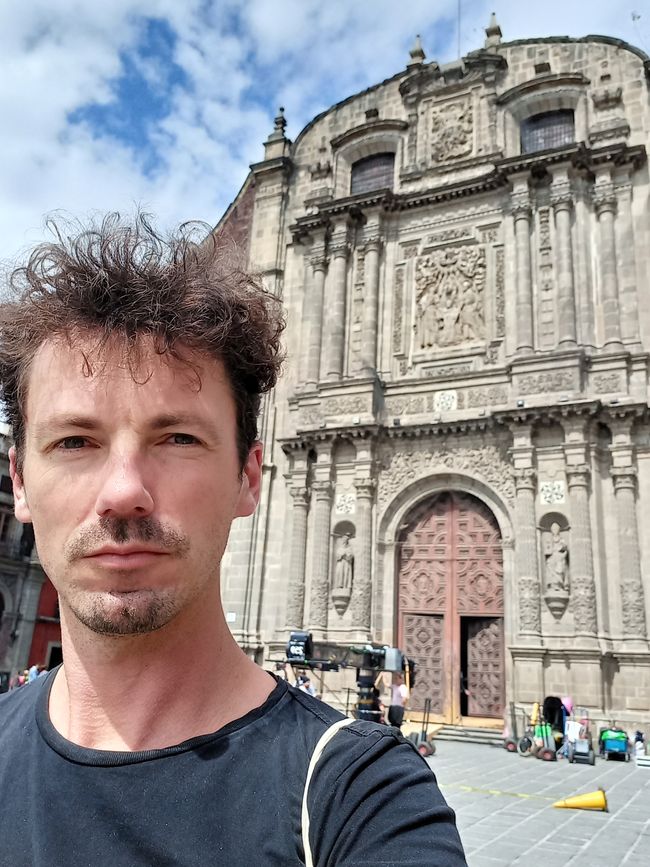

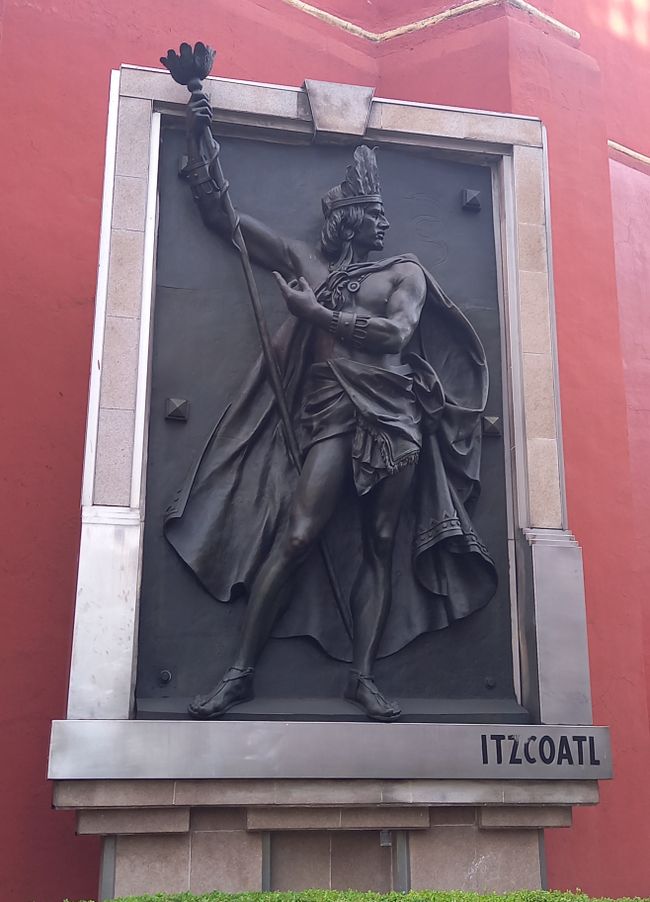
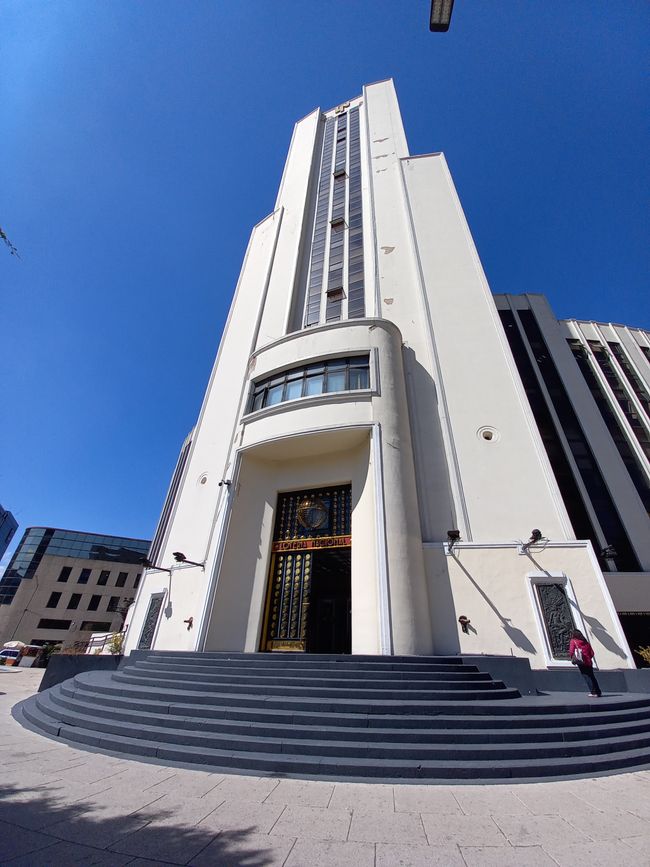
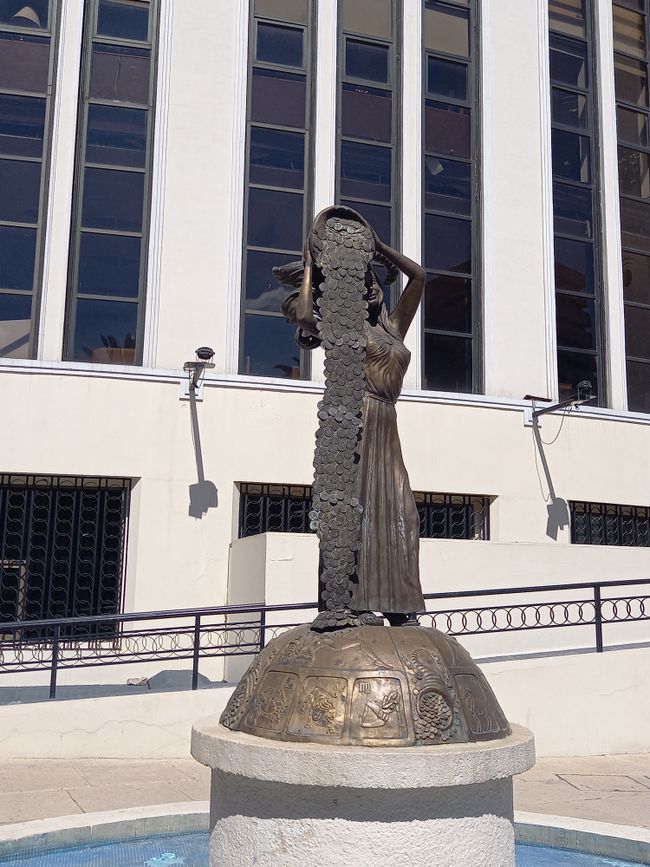
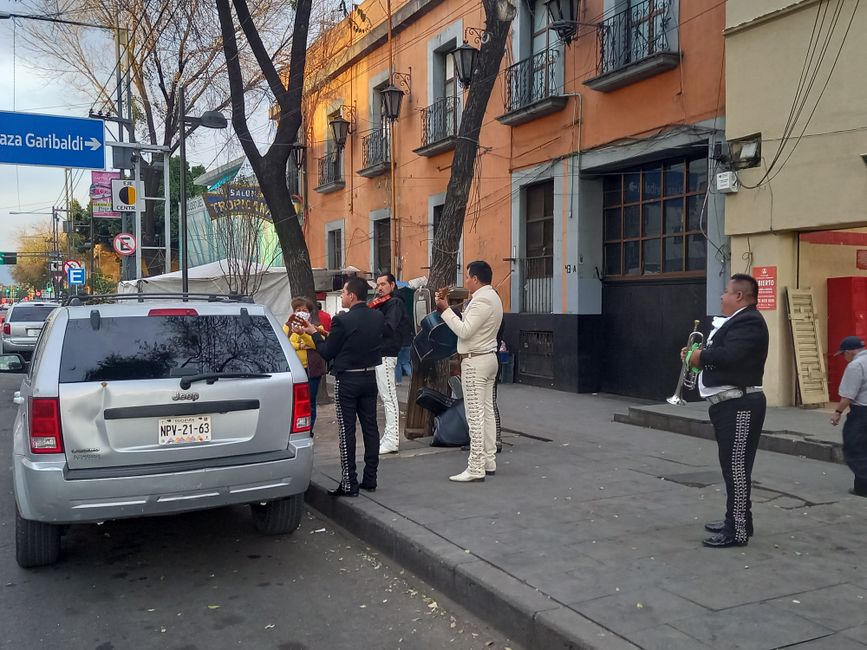
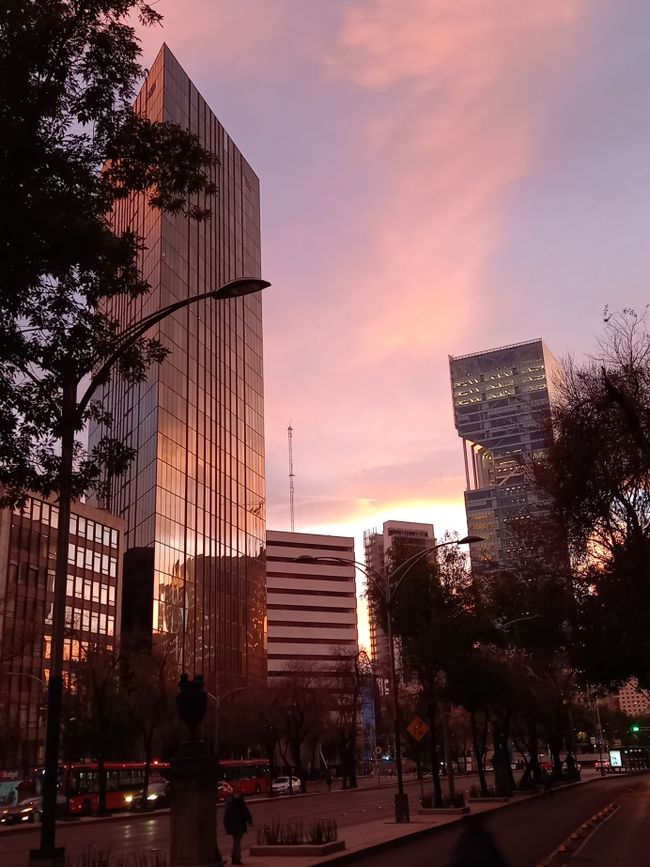
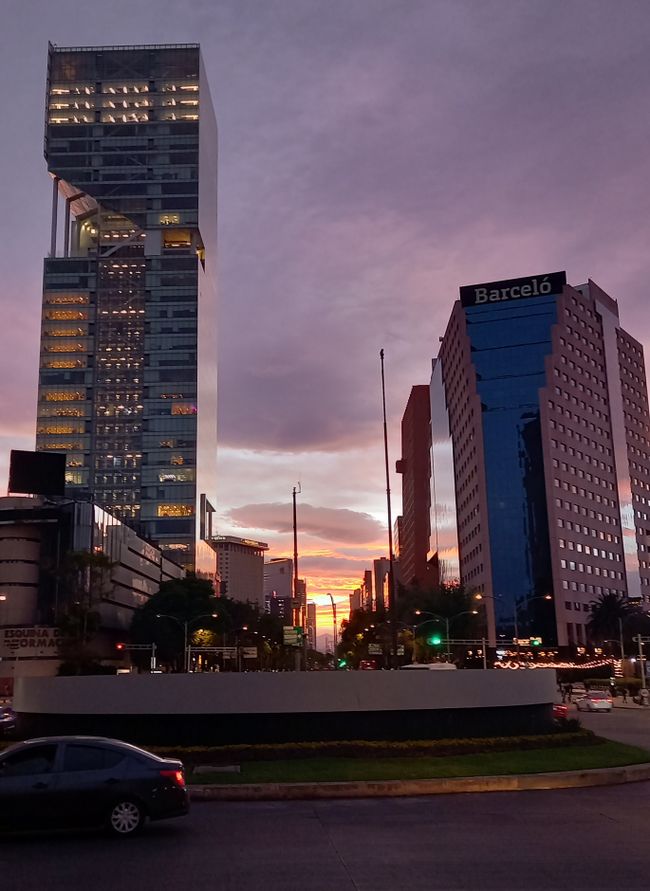
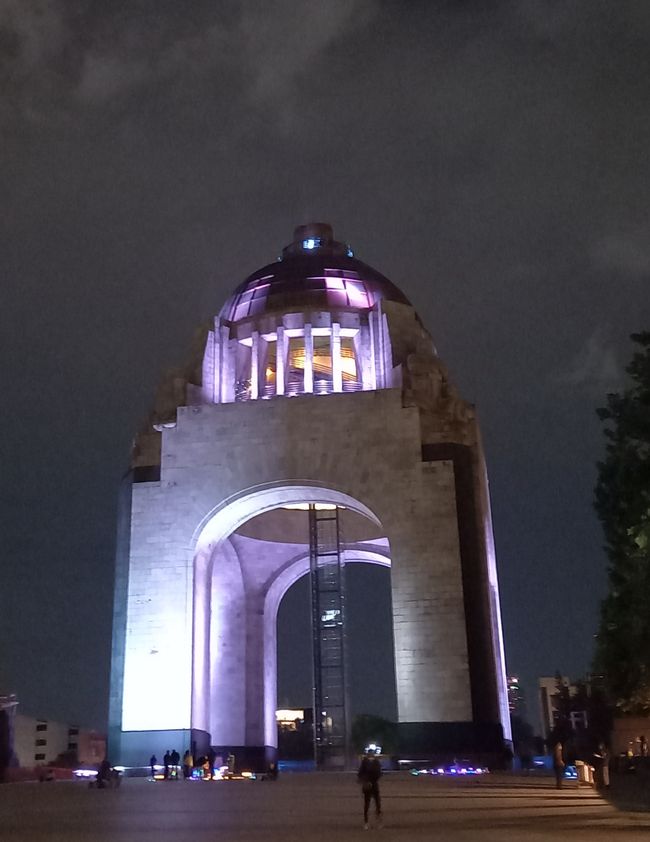
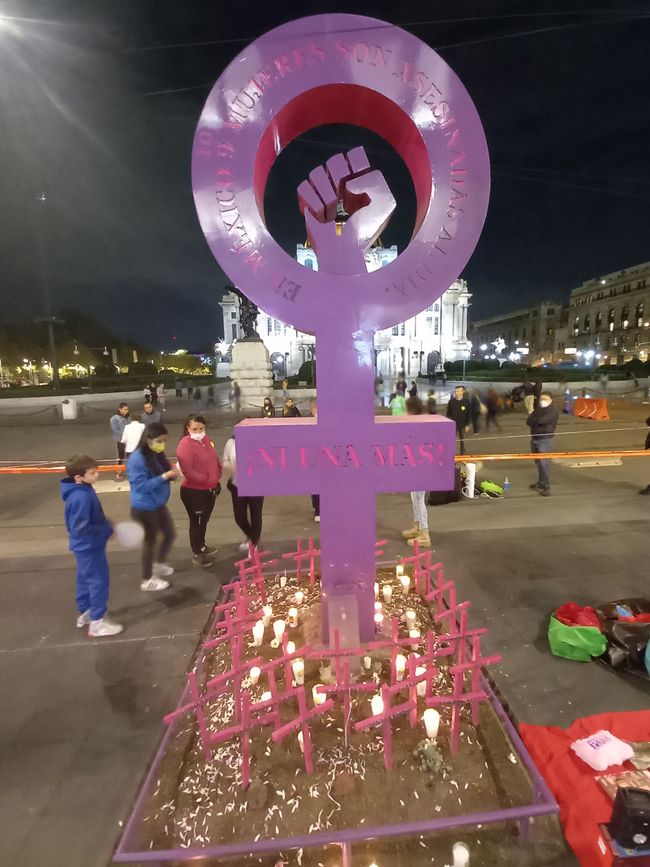
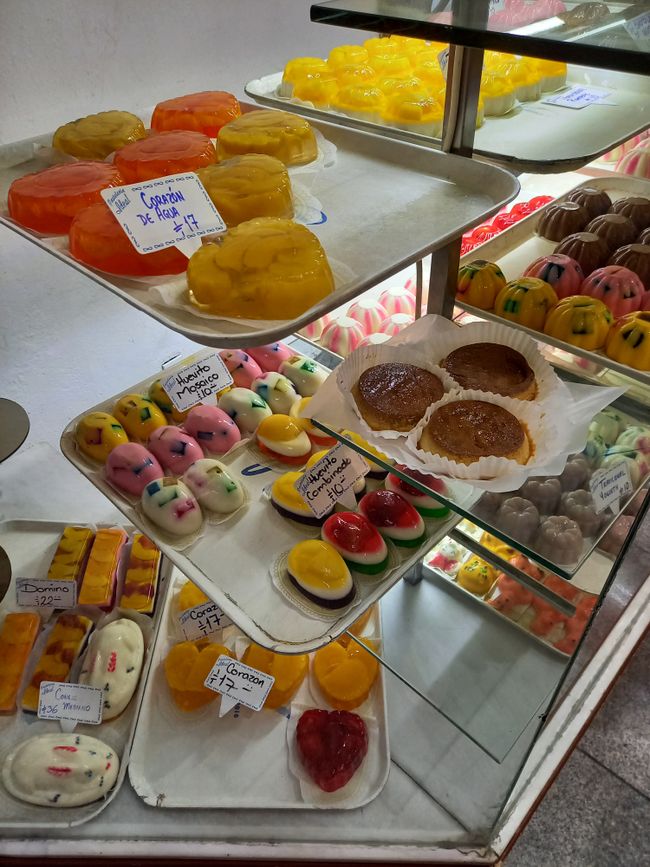
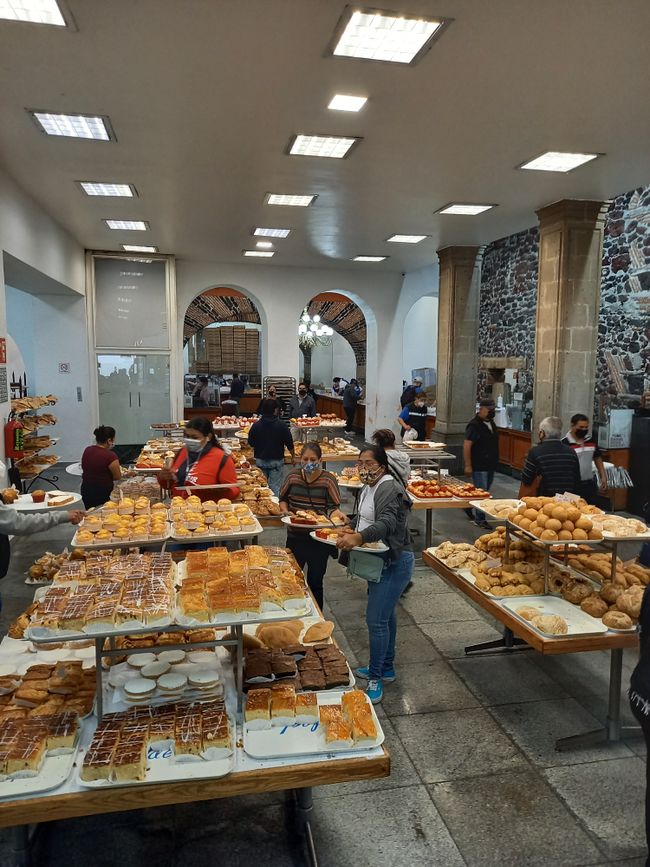
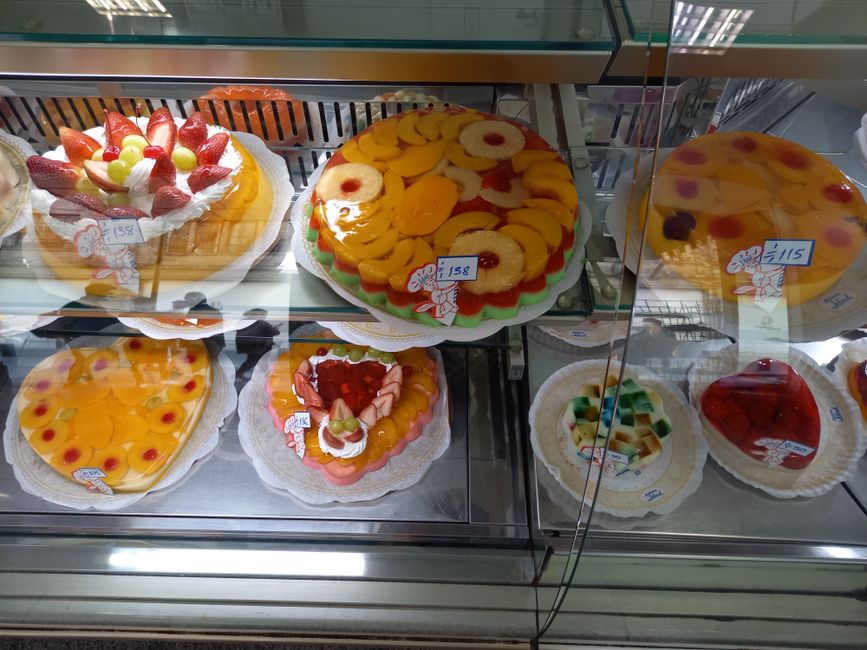

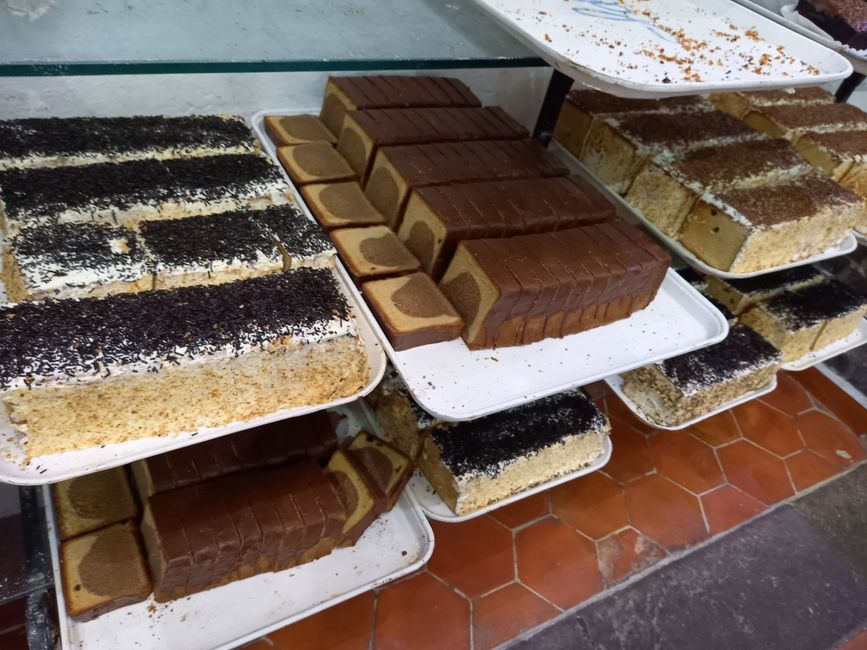
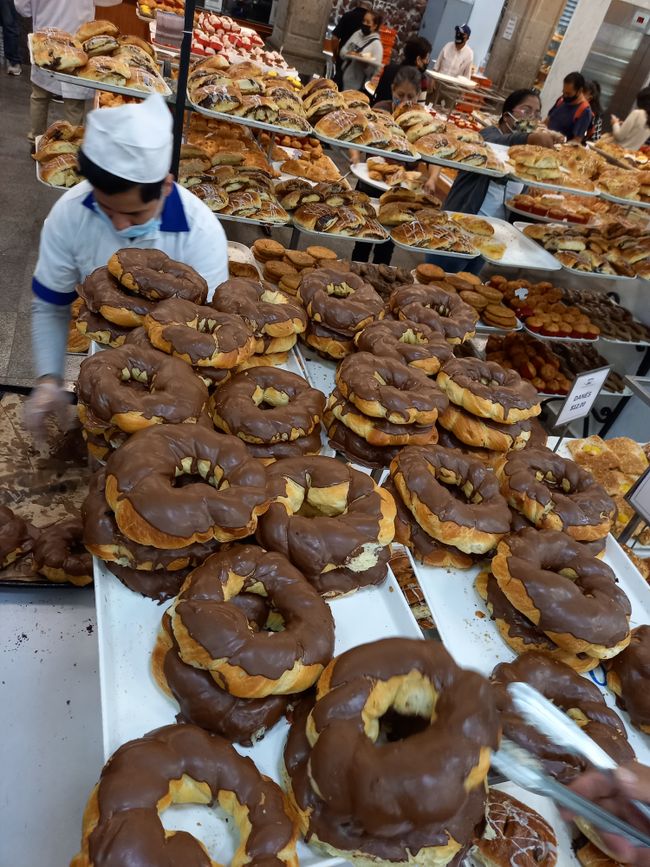
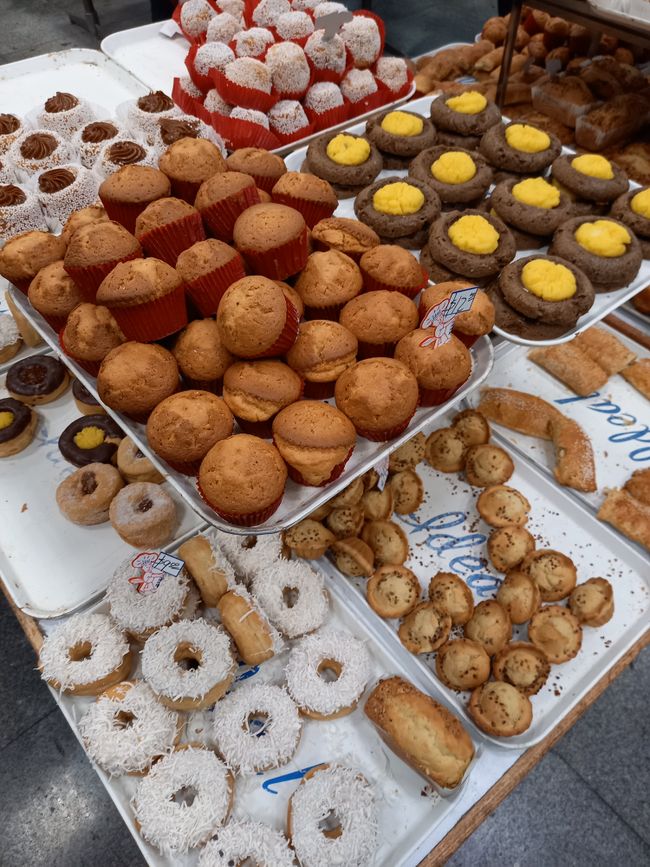

Harpidetu Buletinera
The random number decided that I would write my 50th post from Ciudad de Mexico (CDMX for short), a suitable and deserving tribute to this wonderful city. However, I was aware that summarizing this 10-million metropolis after just one day would be daring.
Under the brand 'Free Walking Tour', city tours were offered worldwide. Participants could donate after the tour (tax-free, well) as a form of payment. In particularly popular cities, there was always a large crowd, with groups of 20 people or more being the norm. In CDMX, there were only three of us. A lady from the Netherlands who wanted to visit her daughter in Tulum, and a young man from the UK. Both had just arrived in Mexico the day before.
Guide Eric was undeterred and offered us a very exclusive tour with a special focus on the city's cultural history. I made an effort not to be the typical "know-it-all" with my travel experiences and guidebook knowledge. I think I did a good job.
The 30-year reign of Porfirio Diaz at the end of the 19th century left a special architectural mark on the city. The authoritarian ruler designed the capital in an opulent and operetta-like style, inspired by French architecture. Modernization and stability on one hand, and great inequality and restrictions on basic rights on the other, were the hallmarks of the so-called Porfiriat, before the revolution in 1910 (seven years before Russia) swept away the regime. Mexico sank into a 10-year civil war, from which the reformist and leftist PRI party emerged as the victor.
Eric's enthusiasm for the Belle Epoque and his view of the past was shaped by his perspective as a citizen of the capital. People in the south saw the country's history more differentiated.
Today, the center of the city reflected openness and confidence, even prosperity: plenty of space for pedestrians and cyclists, green areas, free internet in public places, and a focus on cleanliness. There was also a financial district with high-rise buildings and glass facades, as well as international fast-food chains next to taco restaurants. A confident middle class showed itself here, although it is not representative of the entire society.
The lightness of the Mexican winter was overshadowed by the omnipresence of the pandemic. I had gotten used to wearing masks, having my body temperature checked, and using sanitizing mats, and in my hostel bubble, the topic was only suitable for small talk. There were also hardly any restrictions or free testing opportunities in public life. Only through internet research did I realize the true state of the people's health here.
https://www.swr.de/swr2/wissen/corona-statt-cocktail-omikron-stoert-den-tourismus-in-mexiko-100.html
The realization that tourism contributes greatly to the spread of the virus left a bitter taste. At the same time, many Mexicans directly benefited from the guests and their foreign currency. Therefore, adhering to current hygiene regulations, whether sensible or not, is a sign of respect.
No anniversary is complete without a touch of bitterness these days.
Harpidetu Buletinera
Erantzun
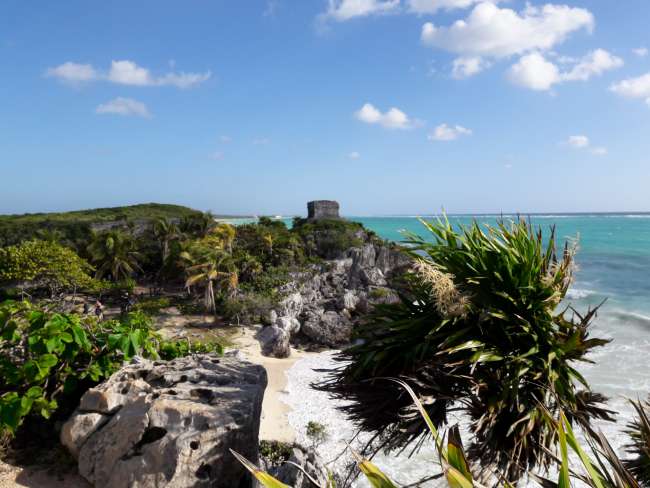
Bidaien txostenak Mexiko
